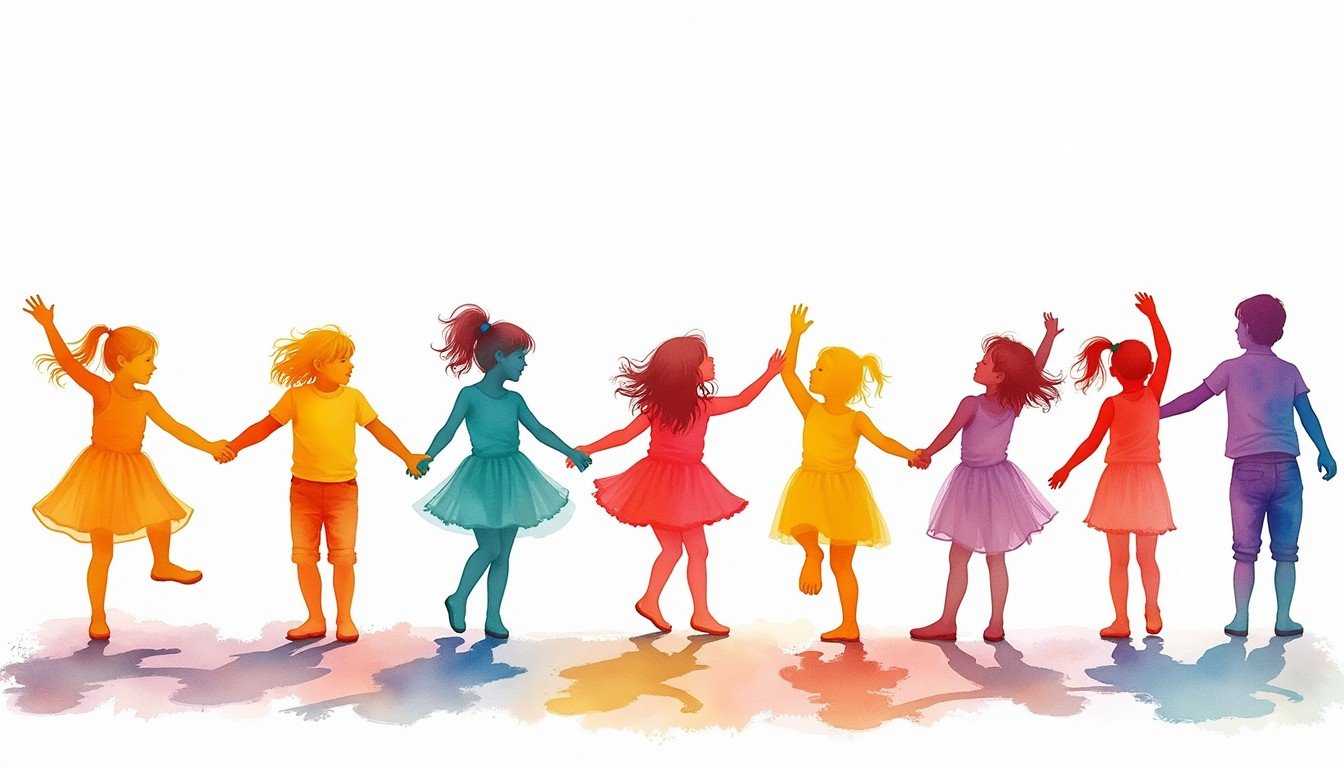Bangladesh Kids Music Threats
By Asmita - Sep 17, 2025
Bangladesh faces controversy over teaching music and dance in schools, with hardline groups opposing the initiative citing it as against Islamic values. While the government emphasizes the importance of arts in education to boost children's morale, radical organizations threaten unrest and disrupt the program. Amid political uproar, experts warn that such threats can impede the holistic development of children and have garnered international attention.

Kids Joyful image via StockCake
Bangladesh has recently witnessed a fresh controversy after initiatives to teach music and dance to children in schools and coaching centers sparked anger among hardline groups. Prime Minister and Nobel laureate Dr. Muhammad Yunus’s government has emphasized including arts and cultural activities in the education system. The main objective of this program is to boost the morale of children and develop their creative interests. According to the Yunus administration, music and dance are not just entertainment but also tools to enhance mental well-being and self-confidence among children. While these steps have been welcomed by progressive sections of society and the younger generation, hardline religious groups have strongly opposed them.
Radical organizations claim that dance and music are “immoral” and against Islamic values. These groups have warned the government that imposing such “Western culture” will only create unrest in society. Some extremists have even threatened to storm schools and institutions to resist the program. This has created a sense of insecurity among teachers and parents. However, the government’s stance is clear that keeping children away from arts and literature is not healthy for the nation’s future. Yunus has publicly stated that no decision will be taken under extremist pressure and that there will be no compromise on creative education.
This controversy has also sparked uproar in Bangladesh’s politics. Some opposition leaders have used the issue to criticize the government, while liberal voices have extended their support to the initiative. Social activists and education experts believe that radical threats are a major hurdle on the path of development and could negatively affect the holistic growth of children. Meanwhile, families in rural areas still hesitate to send their children to music and dance classes out of fear. In contrast, schools in Dhaka and other urban centers are moving ahead more rapidly with the initiative, though concerns over security remain significant.
On the international front, the situation in Bangladesh is drawing attention. Several global organizations working on education and child rights have expressed concern about the controversy. They argue that providing children with freedom of thought and exposure to the arts is an essential part of modern society. Some groups have urged the Yunus government not only to continue with the initiative but also to guarantee full security so that threats or violence do not break the morale of children and teachers. Experts believe that if the matter is not resolved soon, it could deepen cultural divisions within the country.


